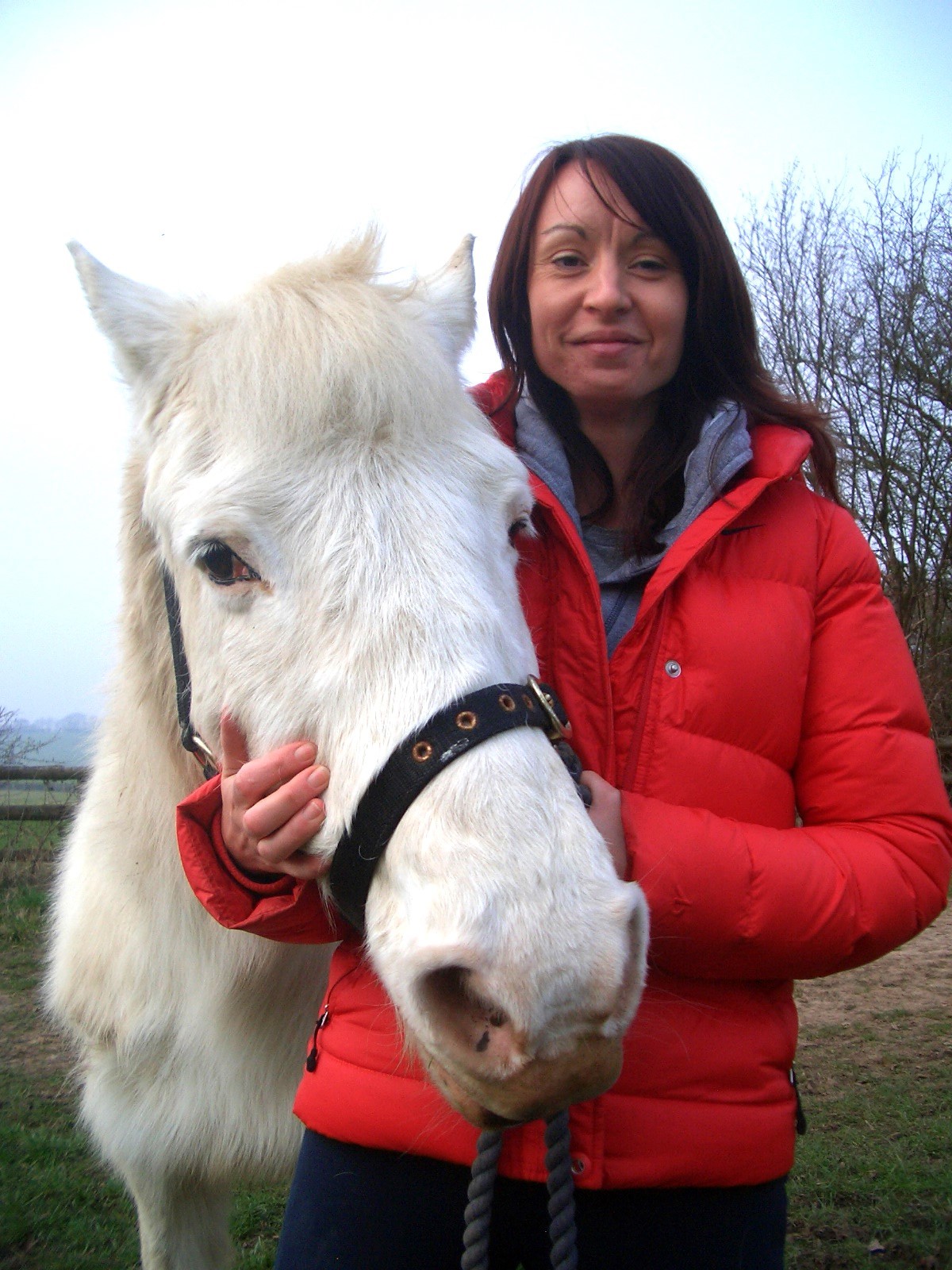
Jane Clements
Specialist Team
I’ve always loved animals and cared about their welfare from a young age. I grew up with cats and dogs and I was a keen volunteer at my local stables from the age of twelve. My family were not well off, and I think that in part, really helped me understand the companionship of pets and horses and the importance of caring about wildlife too.
I studied Equine Science and British Horse Society qualifications at the University of Central Lancashire and after working with horses for a while, went on to study veterinary nursing and become a registered veterinary nurse.
My career developed into teaching across programmes in veterinary nursing, animal care and equine science. I first joined the third sector nearly twenty years ago and, in that time, I have held positions at three national charities in animal and human welfare. My roles have included responsibilities for overseeing projects, research, community outreach and strategic direction.
I am a trustee for the Animal Welfare Foundation and an RSPCA branch in South Wales.
A chat with Jane
Tell us a little bit about you and your journey into behaviour change?
Not long after taking up a position with a remit to change the way things were done to better engage with animal caregivers, I quickly realised we had to really understand why people did what they did first to create effective change. I found University College London’s Summer School on the behaviour change wheel led by the amazing Dr Susan Michie and felt a real passion for using and understanding behaviour change science more. From there I completed my masters in behaviour change and I have been lucky enough to work with some brilliant researchers where we have designed behaviour change projects and research and published the findings.
Why does the science of behaviour change matter?
I feel passionately about the importance of being non-judgemental and not assuming we know or understand why people are in the situations they are in or are behaving in the way they are. It’s not until we really understand an individual or a populations background, culture, motivations and capabilities that we can intervene and help to make a change. This is why the science of behaviour change matters – it gives us the tools to be able to do this and the ability to enable behaviour change that is effective, compassionate and sustainable.
What is the most inspiring behaviour change intervention you have come across and why?
While I was a volunteer for a children’s welfare charity, I was involved in an intervention which helped to raise the capability, opportunity and motivation of parents who were experiencing some challenges with childcare and their day-to-day lives. The outcomes meant the families had tools to help them with decision making and help seeking, improving the well-being of the whole family unit. The intervention itself was very simple, as was the method of measuring its impact. I think it was this simplicity that made it so inspiring especially as it was preventing children from needing to go into care and keeping families together.
What’s your vision for behaviour change for the next five years?
I’ve learnt that change comes in baby steps. I’d like to be part of a movement that recognises the importance of these baby steps as part of the whole process. I’d like to see success shouted about more often and more longitudinal research post interventions to learn more about the sustainability of change and early intervention to help keep people moving through the stages of change.
Why do you like working with HBCL?
It’s great being part of a peer group where ideas can be shared, we can learn from each other and get support and opportunities for helping and being part of the behaviour change movement.
Top tip for individuals or organisations getting started with behaviour change?
Talk to each other lots, ask questions lots, read the literature lots and look at what other sectors are doing. What may seem not immediately transferable often contains golden nuggets which can be replicated in slightly different ways. Most importantly reach out and talk to HBCL!
